Law Society says changes will have no impact on youth crime
The state’s human rights commissioner has fired a warning over the Premier’s controversial youth justice laws in a parliamentary committee, while lawyers say they won’t work.
Police & Courts
Don't miss out on the headlines from Police & Courts. Followed categories will be added to My News.
Queensland’s youth crime issue is not comparable to a state emergency or “exceptional crisis situation constituting a threat to public safety” the state’s human rights commissioner has warned, in a combative committee hearing in to the government’s measures.
A parliamentary committee - made up 50:50 of Labor and Liberal MPs - is holding its first public hearings into the state government’s new youth justice laws, with the witness list on Tuesday including legal experts, youth advocates, and the mother of slain teenager Angus Beaumont.
Queensland Human Rights Commissioner Scott McDougall, speaking first, held steadfast on the position the measures introduced to parliament last week and the government’s decision to override the state’s human rights act was untenable.
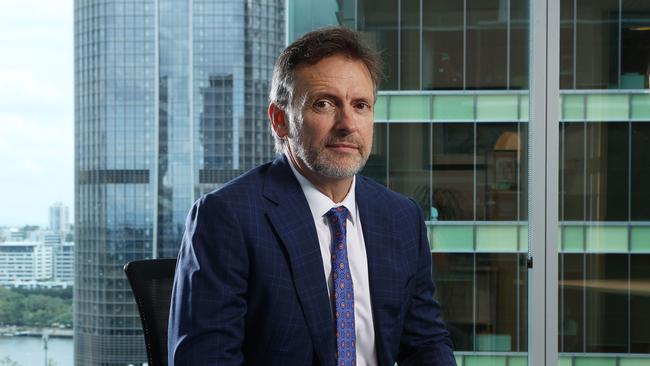
He also argued the human rights act was more “important than ever, rather than abandoning the rights of children, many of whom are themselves victims (of crime)”.
Committee chair Linus Power (ALP) argued the government, as lawmakers, ultimately had the power and ability to override the human rights act where it saw fit.
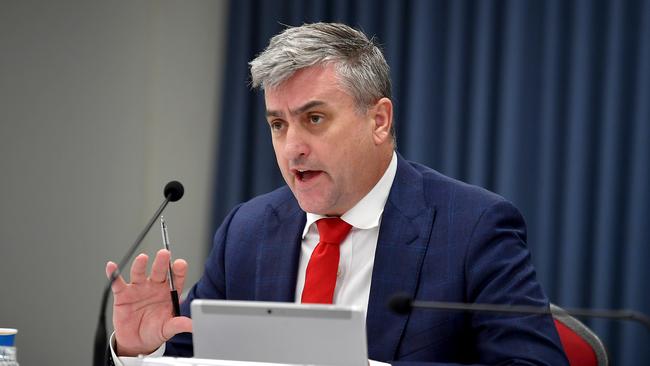
Representatives from the Bar Association and the Queensland Law Society (QLS) raised concerns measures proposed so far, including breach of bail, were not backed by evidence with others, such as pushing the judiciary to look at a child’s “bail history”, had not been properly defined.
QLS First Nation’s legacy policy co-chair Kristen Hodge queried how the government could push forward with its landmark Path to Treaty laws while turning around and proposing measures which would largely impact Aboriginal and Torres Strait Islander children.
PeakCare Queensland executive director Lindsay Wegener challenged committee MPs to visit the detention centres and watch houses and speak to the children, most of whom will be First Nations, impacted by the government’s youth justice measures.
Michelle Liddle, mum of slain teenager Angus Beaumont, choked back tears as she presented evidence on behalf of Victims of Youth Crime Collective.
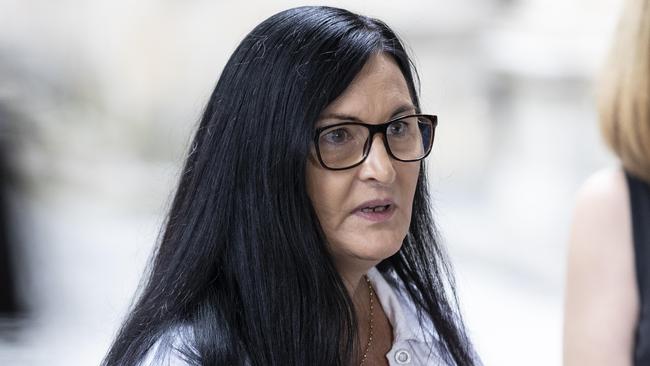
She was supportive of measures including breach of bail and voice support for mandatory minimum sentences to be brought in.
The committee is set to hear on Tuesday afternoon from the Queensland Aboriginal and Torres Strait Island Child Protection Peak Limited, the Queensland Family and Child Commission, Sisters Inside and the Australian Workers’ Union.
Laws will fail: Lawyers slam Premier’s youth justice plan
The central elements of Premier Annastacia Palaszczuk’s much-vaunted youth justice laws will not have “any significant effect” on crime rates, the state’s lawyers have warned.
In a scathing submission to the legislative review process, the Queensland Law Society mocked the government’s plans to increase the maximum penalty for some offences – and questioned its motives for reintroducing breach-of-bail as an offence.
The submission pointed to successive election promises from Labor, in both 2017 and 2020, to be a government that would stick to “evidence-based policy making”.
“We would welcome detail of the evidence base for the measures in the Bill,” the submission then said.
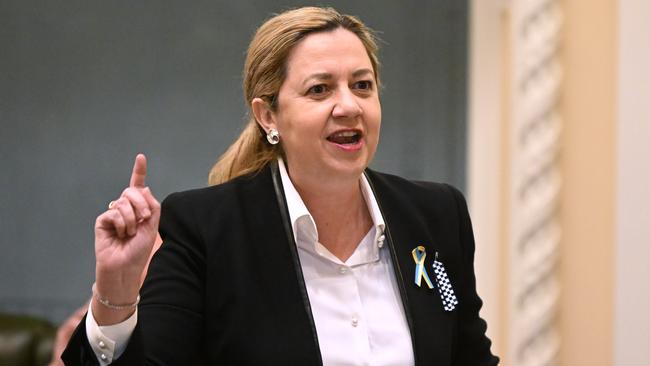
On the move to increase maximum sentences, the submission argued it was unnecessary because the penalties were already heavier than what the government was proposing – to make 10 years the maximum penalty for unlawful use of a motor vehicle and 14 years for an offence committed at night with violence, armed, with another person or with damage.
The QLS submission that somebody stealing and using a car was already usually charged with offences that already carry a maximum penalty of 14 years.
Further, in the case of stealing a car where the offender is armed or threatens violence, the QLS noted this person “would be charged with robbery” so the new measure would only duplicate an offence that already exists.
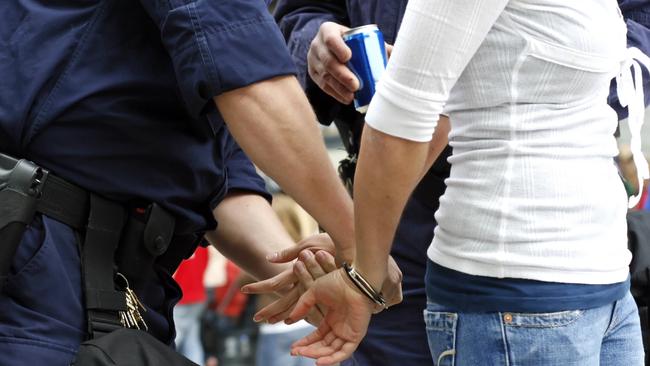
The QLS noted nearly all cars are stolen at night, so adding a circumstance of aggravation would mean every stolen car would bring a maximum penalty of 14 years.
It would also mean youths would be punished more severely for stealing a car than assaulting someone and causing bodily harm, a discrepancy the QLS noted “cannot be said to be proportional to the wrong committed, nor a true reflection of community values”.
And if the person who is charged with using the vehicle did not steal the vehicle, they have “significantly lesser culpability” so increasing penalties has a “negligible effect”.
On breach of bail, the submission highlighted a line from a 2020 document signed by Deputy Premier Steven Miles stating “the Palaszczuk government has no intention of implementing so-called ‘breach of bail’ laws”.
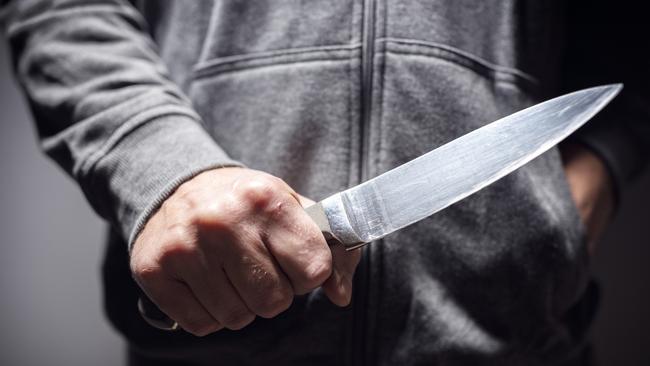
It also said the government’s plan to force courts to look at a child’s bail history breached fundamental law making principles because the government had failed to define “bail history” in its proposed legislation.
A total of 69 peak bodies, not-for-profits and individuals have made submissions on the youth justice measures.
One was the Queensland Human Rights Commission, which branded the measures unjustifiable and warned many of the reforms would “fail to achieve their intended purpose”.
Religious organisations such as the Uniting Church and Anglicare Southern Queensland also opposed the measures.
The parliamentary committee will hold hearings into the laws in Brisbane on Tuesday, Cairns on Wednesday and Townsville on Thursday.





